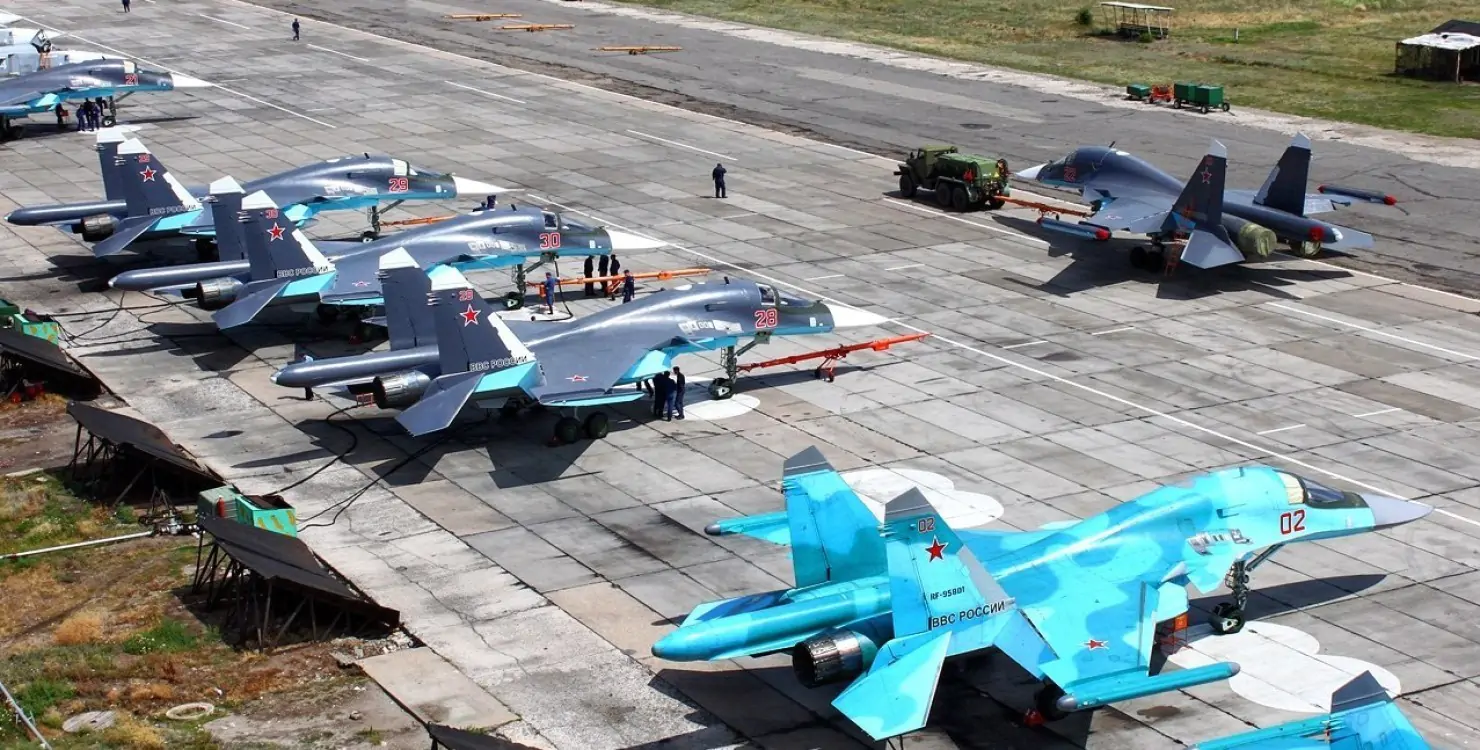According to a recent survey, the number of Russians who think that Russia’s invasion of Ukraine has caused more harm than good has increased.
In September, 47% of Russian residents stated they saw more harm in the war, compared to 41% in May 2023, a survey by the Levada Center found.
JOIN US ON TELEGRAM
Follow our coverage of the war on the @Kyivpost_official.
The share of those who said they believed Russia’s so-called “special military operation” in Ukraine has brought more benefits has decreased from 38% to 28%.
According to the survey, 72% of respondents would support a decision by Russian President Vladimir Putin to end the conflict with Ukraine this week, a 10 percentage point increase compared to May 2023. However, if Putin were to stop the conflict on the condition of returning occupied territories, only about a third (31%) would support such a decision, the survey found.
Since May 2023, the number of Russians willing to support ending the war without additional conditions has gradually increased. However, the majority of Russians remain unwilling to accept peace agreements that involve returning occupied territories.
Dissatisfaction with the war’s results is most often expressed by women (55%), youth under 24 (55%), residents of small towns with populations under 100,000 (52%), and those who believe the country is heading in the wrong direction (77%), the survey found.
Most of these individuals (52%) explained their position by stating that the war has led to death, suffering, and grief for many people. The survey found that 21% mentioned losses in the Russian army, and 7% noted casualties among the civilian population.
Medicine at the Front Line: Inside Warzone Medical Center
Of dissatisfied Russians, 18% pointed to the country’s economic deterioration, including rising prices and massive spending on the war, while 7% highlighted worsening international relations, and 5% expressed dissatisfaction with sanctions. Overall, 13% of Russians consider any war harmful.
In August 2024, amid an attack on the Kursk region, the proportion of those supporting peace negotiations decreased from 58% in July to 50%. However, in September, this figure rebounded slightly to 54%, while the number of those supporting the continuation of military actions decreased to 39%.
According to the Levada Center survey, public opinion on whether Russia should make concessions to Ukraine to end the military operation and sign a peace agreement remains virtually unchanged. Most Russians oppose any concessions, while only one in five respondents (20%) is willing to support certain compromises to end the “special military operation” and sign a peace agreement.
Desired conditions for signing a peace agreement among Russians are the exchange of prisoners of war between Russia and Ukraine, supported by 87% of respondents (an increase of six points since August 2023), and an immediate ceasefire, favored by 60% (an increase of 15 points since May 2023).
Survey results indicate that Russians are gradually growing weary of the war, said Levada Center director Denis Volkov in a comment to Agenstvo. However, he said that there are no “dramatic changes” in sentiments, as most Russians can continue to “live their private lives.”
“The majority wants peace but leaves the decision in the hands of the authorities.”
The Levada Center nationwide survey was conducted from Sept. 26 to Oct. 2, 2024, using a representative sample of urban and rural populations, covering 1,606 individuals aged 18 and older. The survey was carried out in 137 populated areas across 50 regions of Russia through personal interviews at respondents’ homes.
The center published the following margins of error for the survey on its website with links to an explanation of its methodology.
“The statistical error for a sample of 1600 people (with a probability of 0.95) does not exceed: 3.4% for rates close to 50%; 2.9% for rates close to 25% / 75%; 2.0% for rates close to 10% / 90%; and 1.5% for rates close to 5% / 95%.”
You can also highlight the text and press Ctrl + Enter







